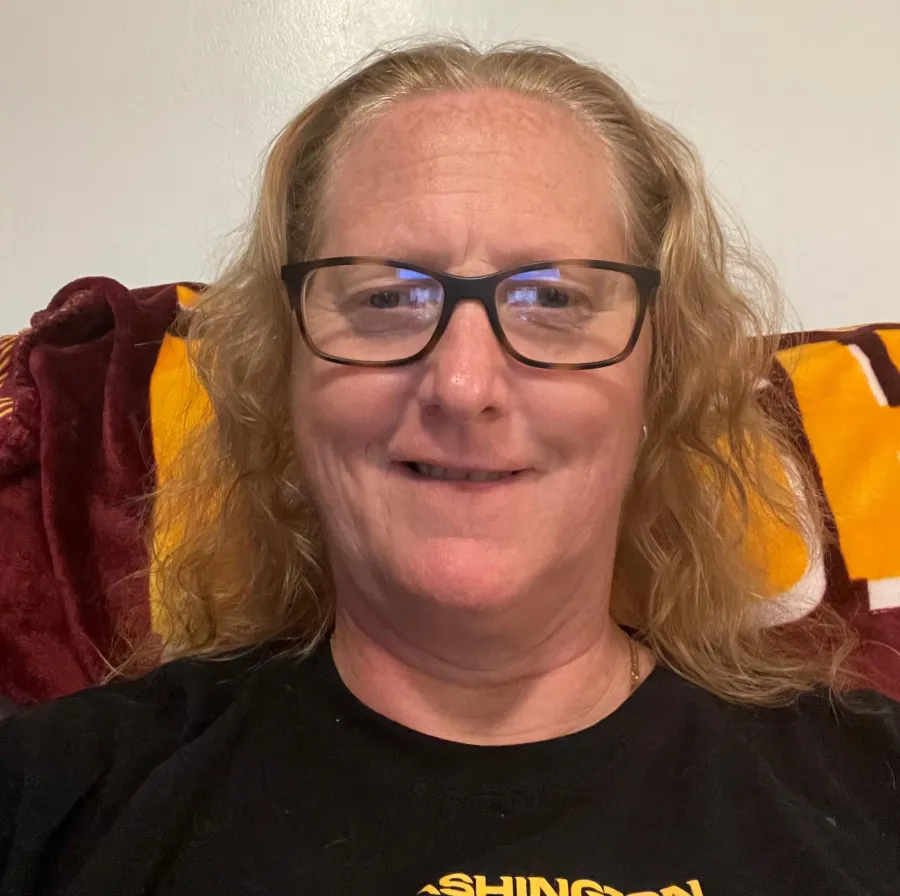AFSCME members raise awareness during Mental Health Awareness Month

During May – Mental Health Awareness Month – AFSCME members are joining the national movement to raise awareness about mental illnesses and the behavioral health industry.
Representing more than 50,000 professionals in the nation’s behavioral health industry, AFSCME members are at the forefront of helping to fight stigma, provide support, educate the public and advocate for policies that support people with mental illness and their families.
Thanks to the American Rescue Plan, we are beating the coronavirus pandemic and rebuilding our communities. But the increased need for mental health services is one of the tangible and ongoing effects of COVID-19 that will be with us for years to come.
That is why this year’s theme for the Mental Health Month, “You Are Not Alone,” resonates strongly. It drives home the idea that by working together, Americans can ensure that people affected by mental illness get the appropriate support to lead healthy, fulfilling lives – and that we can become a nation where no one feels alone in their struggle.
“One of the impacts of the pandemic has been an increase in people acknowledging to themselves and others when they are having a tough time, feeling overwhelmed and need some support,” said Janine Finelli, a recreational therapist at Essex County Hospital Center, who’s also a member of AFSCME New Jersey and president of Local 1247. “As we see that translate into an increase in people seeking treatment and services, front-line providers need to speak up for what we need so we can do our jobs properly.”
Members like Finelli have helped to put New Jersey at the forefront of reforming the behavioral health system so that it empowers workers and delivers the care communities need. Recently, AFSCME released a report exposing how top providers and executives have thrived while leaving the state’s consumers and their own employees behind. And they are turning up the heat with a petition that details what AFSCME members want the state’s behavioral health system to look like.
“We were already overstretched before the pandemic so we can’t just turn around and provide the surge in services our neighbors need and deserve without addressing the issues that are at the root of an industry in crisis,” said Finelli. “But by making the most of this moment we can build a behavioral health system to be proud of.”
